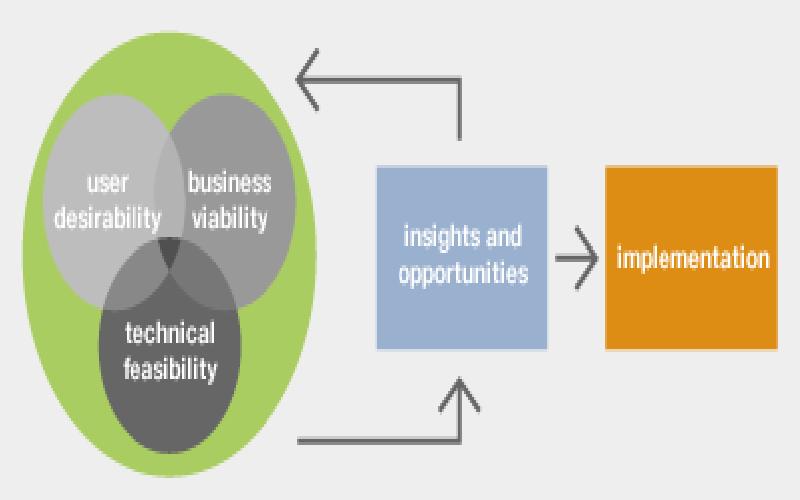Difference between technical and operational feasibility


This article describes the technical and operational feasibility. It also discusses the importance of technical and operational feasibility in the system development process.
A Feasibility study is defined as being an examination of a situation to decide if a suggested method, plan, or piece of work is possible or reasonable. It’s a preliminary study which is taken on to assess whether or not a planned project is likely to be practical and successful while it involves estimating its costs. It thus, for all intents and purposes, leads to evaluate and analyze the potential of a proposed project. Since the investment in information technology is a crucial part of the decision for a business firm to determine the expected results, particular care needs to be taken when considering the costs and benefits in information technology investment decisions. In fact, there are many different types of feasibility studies that are to be undertaken under many circumstances, but in this article we shall limit our discussion to the two types of feasibility studies, technical and operational while considering the difference between them.
Technical Feasibility – The technical feasibility is considered as one of the first studies to be conducted and so is subsequently undertaken after the project has been identified. The major concern involved in this study is whether or not reliable software and hardware, being capable of meeting the needs of a proposed system, can be developed.
Another major concern is how it functions and accomplishes the objective within the allotted time-frame. Also, it evaluates if the company has technological resources to embark on the project considering the aspect that the available resources are within the given resource constraints, such as budgets. It therefore leads to consider the processes and the procedures are conductive to the success of a proposed project.
The technical feasibility is primarily concerned with ascertaining whether the needed technology is existing to accomplish things as have been suggested. Since managing data as a valuable resource is one of the most important aspects to a business, in relation to this, the capacity to the extent at which the new system is capable of holding is also to be determined in this study. In addition, it becomes important to evaluate the proposed system is adequately responsive to the inquires irrespective of number of users. More to the point, it also involves considering the number of ways in which the system can be expanded in order to meet the needs arising from different issues. It is thus the technical feasibility requires appropriate and timely application of engineering and management efforts in the attainment of successful implementation of a proposed system.
Operational Feasibility – Operational feasibility is a measure of how well a proposed system solves the problems, and takes advantage of the opportunities identified during scope definition and how it satisfies the requirements identified in the requirements analysis phase of system development.
It is the ability to utilize system and support and perform the necessary tasks. It is thus the willingness and the ability of management employees, customers, suppliers to operate and use the system successfully, as it includes the questions like, Will the system work to the desired level of satisfaction? Are there any barriers in the implementation of the system?
The operational feasibility is also intended to ensure whether or not sufficient support from the management is available and so it is to be done from the employees, customers and suppliers. Besides, it is ascertained if the existing business methods are useful and acceptable in a way as needed. On the other hand, it leads to ensure if the users are involved in the planning and development process of the system project. The operational feasibility would be considered as successful if the system is developed in accordance with rules, regulations, laws, organizational culture etc. Thus an operational feasibility is a measure of how well a proposed system solves the problems and satisfies the requirement while taking the advantage of the opportnities having been identified during scope definition in relation to system development.
Bookkeeping and accounting both are essential functions required for a business. This article will focus on the differences between these two and also judging which one in better.
Continued quantitative easing, with little positive outcomes to account for the expansions of liquidity during the last decade can make all stakeholders uncomfortable. In particular, they raise significant questions about our comfort level with the Keynesian economic principles that advocate such expansion.
.Nowadays, in order to complete all the functions of a business organization effectively, there is a great need for implementing effective information system. This article highlights the need and importance of Management Information system..